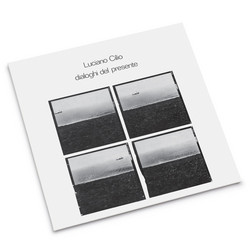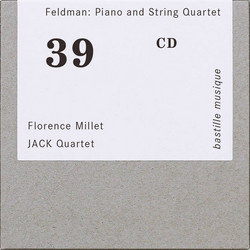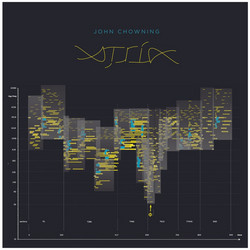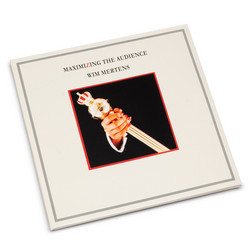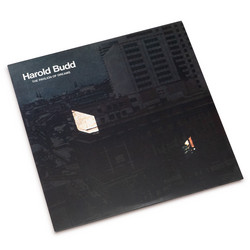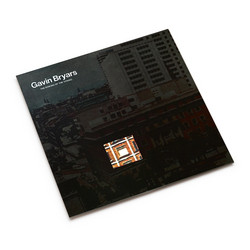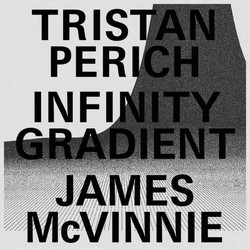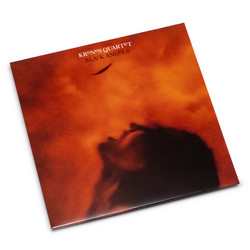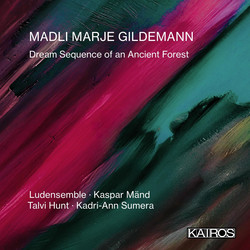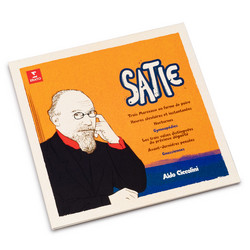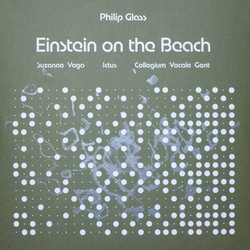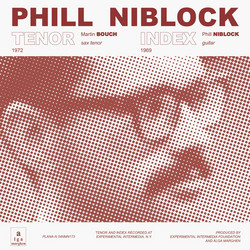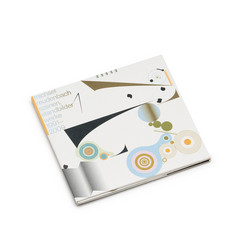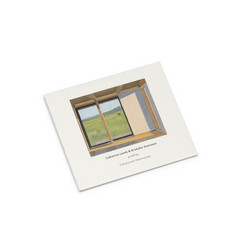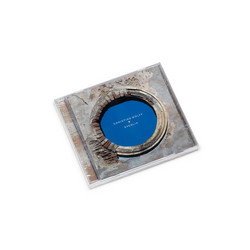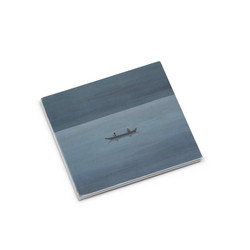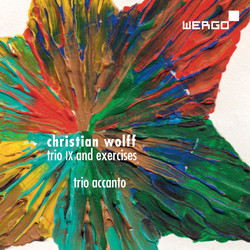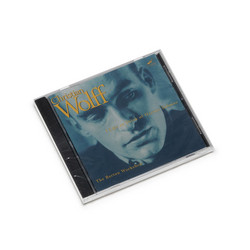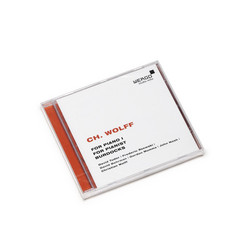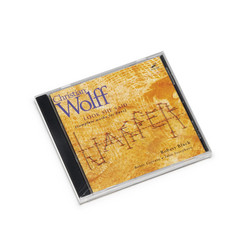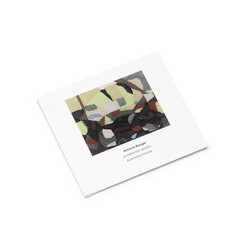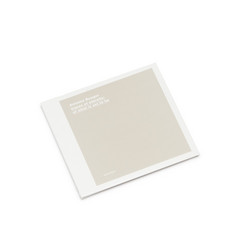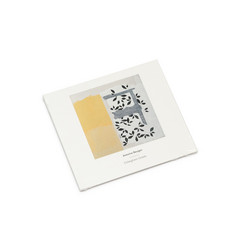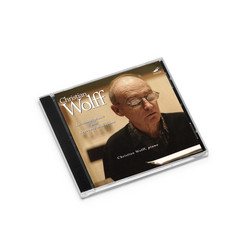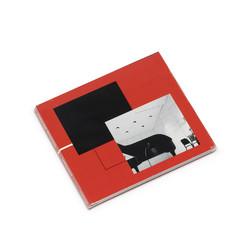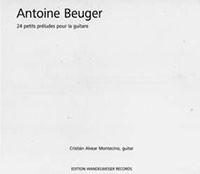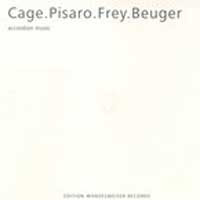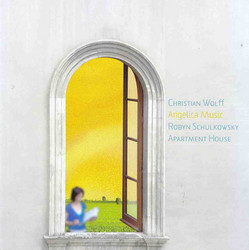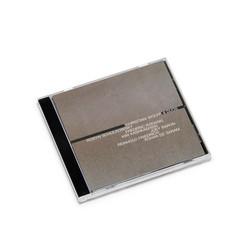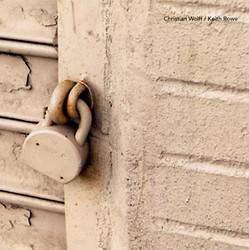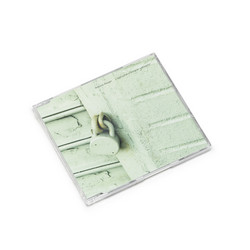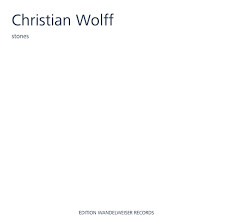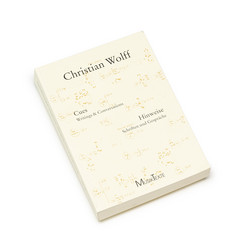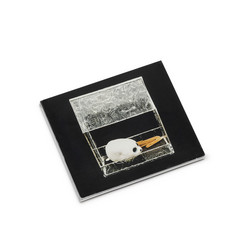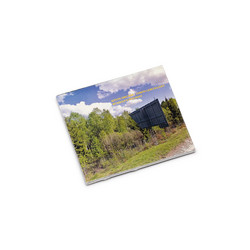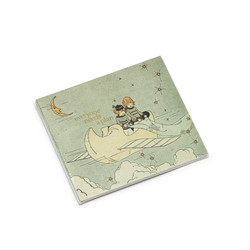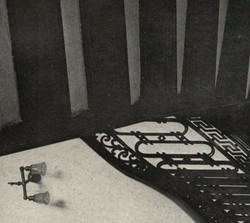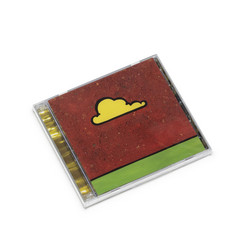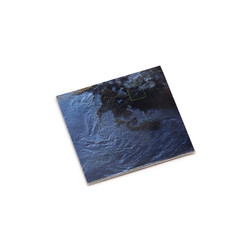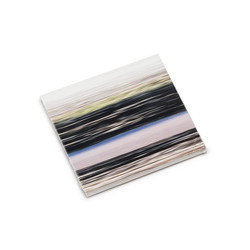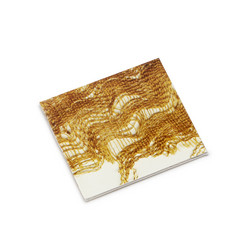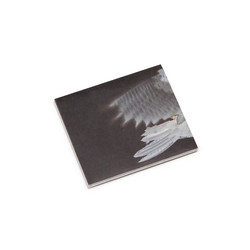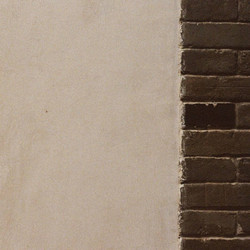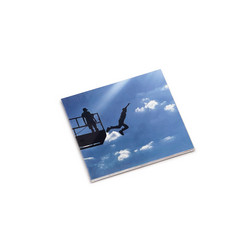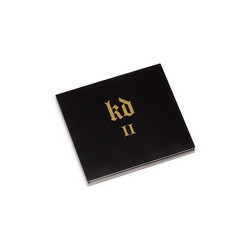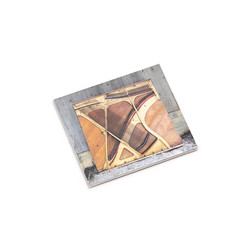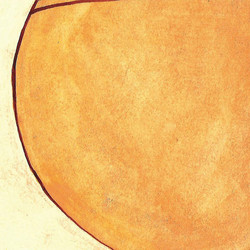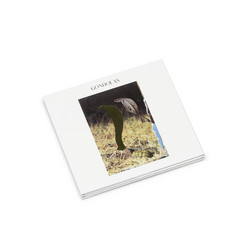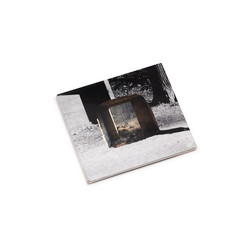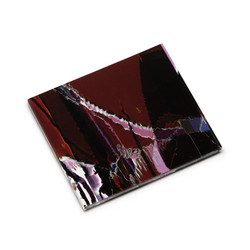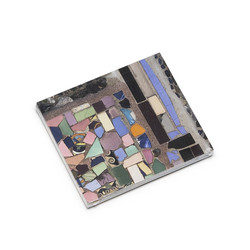Christian Wolff, piano, objects, charango, flute. Antoine Beuger, voice, whistles, EWR recordings (1995) of Christian Wolff’s “Stones”.
Antoine Beuger started composing music in 1990 and has released on his own label, Edition Wandelweiser Records, as well as Erstwhile Records. Beuger’s work is best exemplified by two releases, his first, Calme Étendue (Spinoza) and A Young Person’s Guide to Antoine Beuger. Calme Étendue (Spinoza) is an album that attempts to take the 17th century philosopher Spinoza’s Ethics and turn it into a music experience. The first nine minutes of the album starts with silence, and slowly each word of Ethics is read, with no emphasis, which forces the listener to give meaning to what they are hearing through their own lived experience. The complete performance of Calme Étendue lasts about 180 hours, which outlines the delicate attention to detail that permeates Beuger’s music. A Young Person’s Guide to Antoine Beuger shows the same qualities over a different style, in which sounds often resemble a machine slowly falling apart. These sounds are mixed in with others in which mimicking the wind, playfully intertwining over 18 tracks. This shows how even what may seem harsh has a place and deserves attention. Beuger’s music ultimately shows the importance of musicality in everyday sounds and our lived experience, which we ourselves may ignore.
.
Christian Wolff is a composer, performer, improviser, and author. He composes experimental classical music and was associated with the “New York School." At that time, Wolff was pioneering the use of indeterminacy in composition, using open scores that require the performer to interpret them. In the late 1960s, Wolff responded to the civil rights movement and the Vietnam War by incorporating protest music into his work, although it is frequently unidentifiable as such. He often composes for prepared piano and his work demonstrates an interest in the space between sounds.
